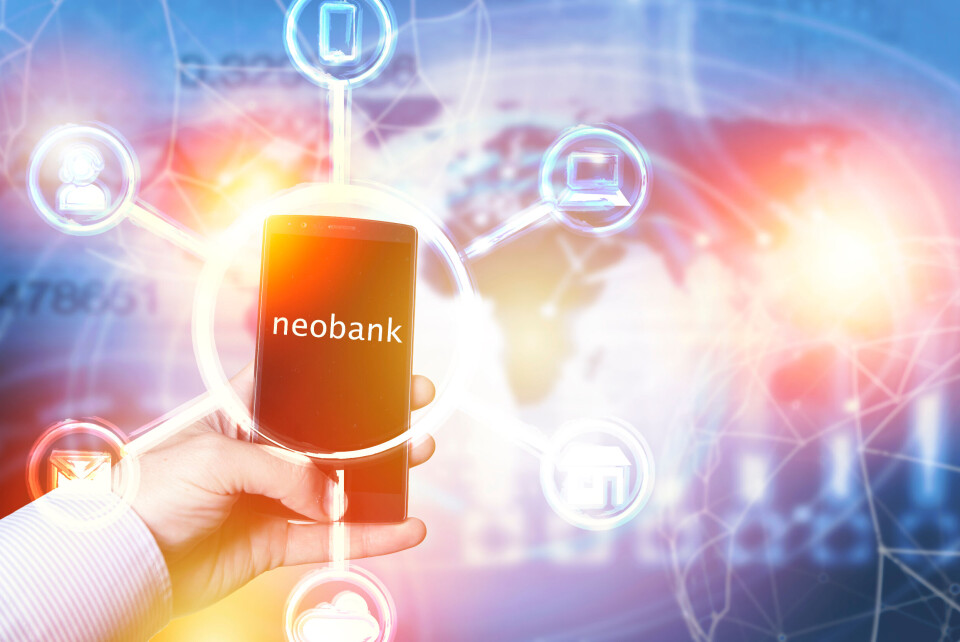-
France tightens reimbursement rules for flight delays or cancellations
New measures include mandatory mediation and new claim procedures
-
Many French supermarket loyalty card points expire soon – see dates here
Most points disappear between December and March
-
Why water bills in France are set to rise
Part of the bill that pays for water cleaning and treatment is set to increase
Is the money in neobanks protected the same as French bank accounts?
Not all neobanks are the same. This is how to check if your money is protected should the bank go into liquidation

Reader question: I have just opened a Revolut account and I was wondering how my money was going to be protected in the event of an issue. From memory my French bank insures me up to €100,000
So-called ‘neobanks’, which operate solely online, do not protect customers’ money in the same way as traditional banks and are often, despite the name, not actually banks.
However the money is generally protected nonetheless.
Protections for banks include, for example, money in French accounts being protected by a special guarantee fund up to a maximum of €100,000 per customer per establishment in the case of the bank going into liquidation.
Banking regulator ACPR has criticised the term ‘neobank’, saying they are only banks if they are établissements de crédit (credit establishments), a status which requires accreditation by ACPR or an equivalent European authority.
Some online banks, such as Orange Bank, Younited and Memo Bank, have this.
However Aumax, Shine, Nickel and Qonto, for example, are ‘payment’ or ‘electric money’ establishments. Money deposited must nonetheless be kept aside in an account with a bank.
The money is not covered by the guarantee fund if the neobank goes bust, but is safe and should be returned to customers before any other creditors. Revolut, whose accounts are based in the UK and Lithuania, says the same applies, though they also do not benefit from those countries’ comparable guarantee schemes.
Other neobanks, such as Lydia, are designated only as ‘agents’ of payment establishments. Even so, bodies accredited as such are, in theory, subject to close control by the body for which they are an ‘agent’ and should follow the same rules.
These various statuses can be checked at regafi.fr, an official site run by ACPR. You might have to search for the details you need to use the website. For example, for Aumax you need to scroll down to mentions légales to find out its actual company name is Nouvelle Vague.
This is not possible for bodies called ‘distributors’ of electronic money establishments, such as Kard or Pixpay, which are not declared to ACPR.
Related articles
Fees, fraud, debt: How bank clients can get help in France
























